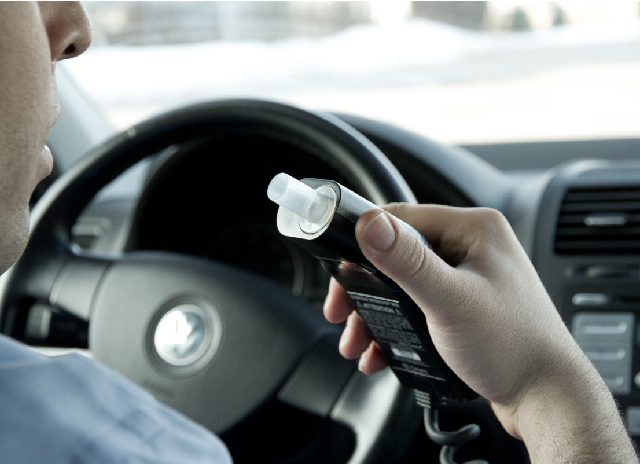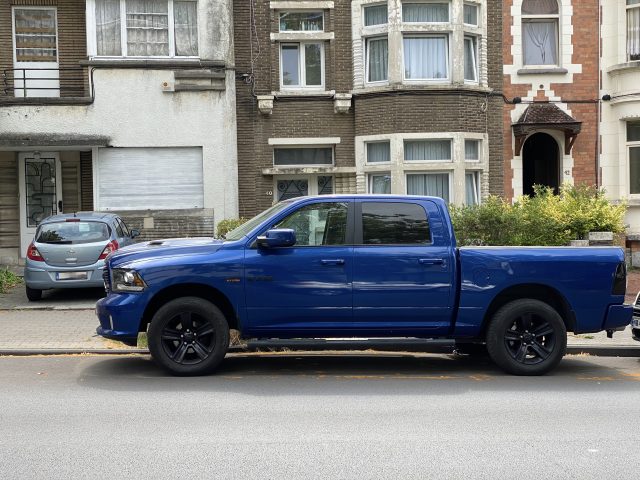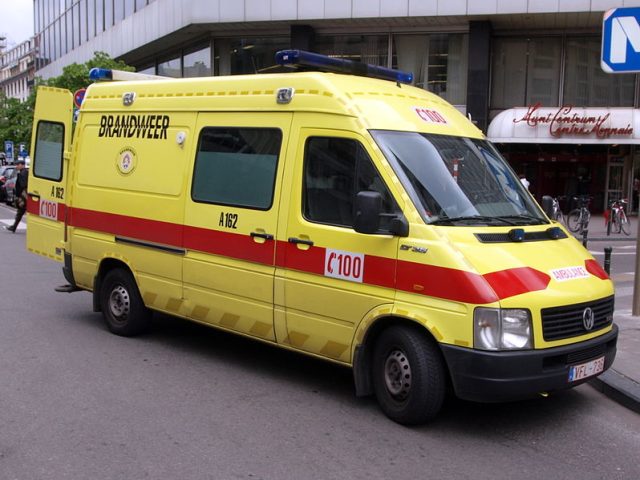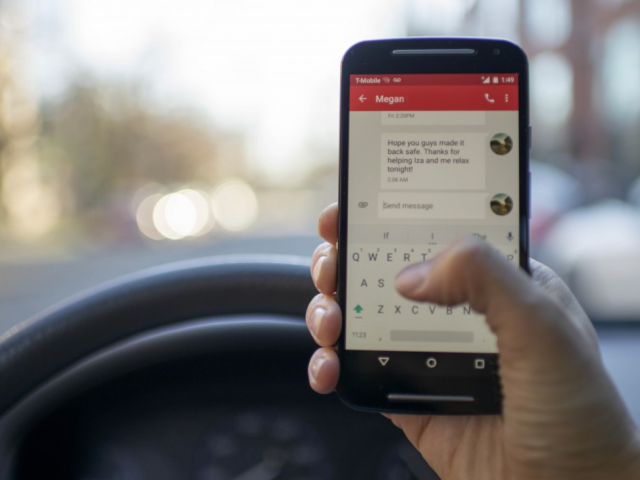Drink-Driving in Austria
Figures
According to official statistics, less than 10 % of road crashes involving injuries and deaths are due to drink-driving. In 2019, out of the 416 road deaths recorded, only 32 were attributed to alcohol.
Nevertheless, killed and unconscious road users are not tested for alcohol unless the prosecutor requires it. There is no legal obligation to test all active participants (drivers, PTW and bicycle riders, pedestrians) in a road crash, either alive or dead. It can therefore be assumed that the real figure is considerably higher.
National policies
The Federal Ministry for Transport developed a ‘Road Safety Programme for the years 2011 –2020’ with the main objective of halving the number of road deaths by 2020, reducing the number of serious injuries by 40 % and the number of crashes resulting in injuries by 20 %.
Below is a list of some of the drink-driving policies from the Austrian programme:
– Alcohol interlock: a pilot test prior to a potential introduction
– Equipping the federal police with alcohol screening devices with the target of reducing alcohol-related road crashes by 15%
– Introduction of alcohol interlocks, implementation of the results from the pilot test.
The new Austrian road safety strategy is currently under review by the Ministry of Transport.
BAC limit and sanctions
The default legal limit for drivers is 0.5g/l
The legal limit for novice and professional drivers is 0.1g/l
Check the detailed list of sanctions in the full report here.
Enforcement
In Austria, random breath tests are allowed at roadside police checks. The alcohol test is carried out using a breathalyser, and sanctions are imposed based on the breathalyser test result.
Austria ranks among the EU countries with a significant number of alcohol checks made by the police. In 2019, around 1,8 million checks were carried out by the police for alcohol while the percentage of those who tested positive was 1.7%.
Rehabilitation and Alcohol Interlock programmes
An alcohol interlock programme was introduced in 2017 in Austria. The participants of the programme are offenders with a driving licence B caught with a BAC level of 1,2 or above or repeat offenders that were sanctioned with a driving licence ban of at least four months.
The programme starts with the installation of the device in the participant’s car(s) and an appointment with a mentor. After this appointment, the device is activated and the driver will get a special permit to drive the vehicle. Appointments with the mentor will take place on a regular basis (every two months).
The mentor will read out the data from the device, check the data for possible infringements, calibrate the device and discuss the data as well as the participant’s experience. The participant will get a certificate of completion of the programme by the coordinating institution and can then reclaim their unrestricted driving license at the driving license authority.
Campaigns
In 2013, the Austrian Ministry of Transport participated in the “European Night without Accident” with the motto ‘0,0% alcohol in the right place. For my friends I stay away from alcohol!’. The event took place in 20 disco clubs where around 3000 young people were informed on the risks of driving under the influence and the objective of the campaign.
To read the full country focus click here.








